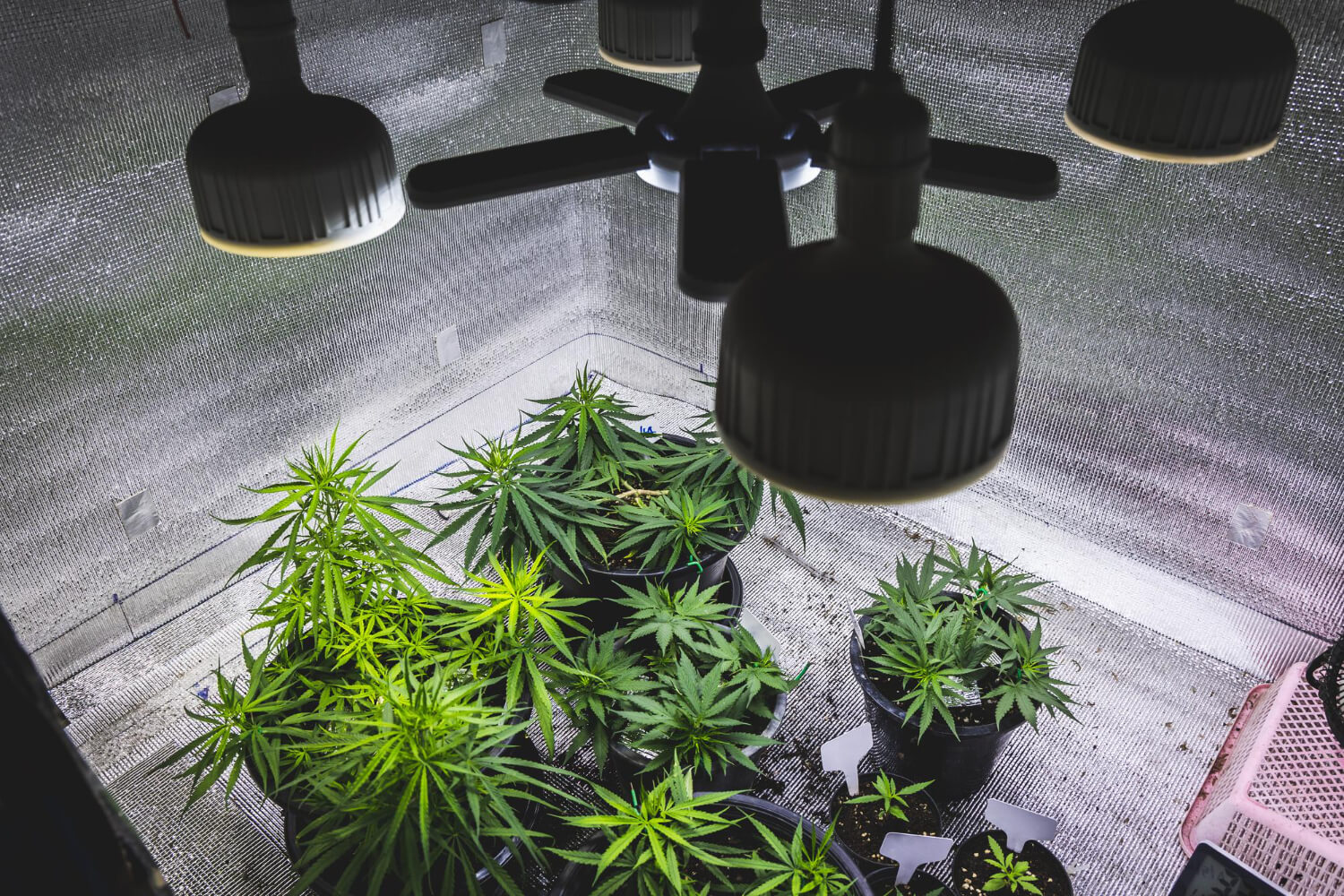In the past year, Minnesota’s Democratic legislature and governor legalized cannabis, including permitting home cultivation. However, two Republican state lawmakers recently raised concerns that this decision could result in a power failure, as grow lights overwhelmingly strain the state’s electrical grid. Rep. Paul Novotny and Sen. Eric Lucero argue that cultivation under the law is “unsustainable” and may lead to blackouts.
According to a 2018 New Frontier Data report, cannabis cultivation in the U.S. consumed approximately the same amount of energy as the country’s Starbucks stores. In addition to grow lights, indoor cultivation demands temperature and humidity controls, all of which consume electricity.
Although it is worth noting that some states with legal marijuana, like Massachusetts and Illinois, have taken steps to regulate energy use, many others have done little to curb power consumption related to cannabis cultivation. That being said, it appears that GOP politicians might be exaggerating the threat posed by legal marijuana to Minnesota’s electrical stability.
State Supreme Court clarification on budget bill veto authority
In other areas of Minnesota politics, Democrats have requested clarification from the state Supreme Court on whether Gov. Tim Walz has line-item veto authority over budget bills passed by lawmakers – a power he asserts but has not yet exercised.
Banning recreational cannabis stores in Osseo
With legal sales set to begin next year, the city of Osseo is considering banning recreational marijuana shops. This move would give local leaders more control over such establishments’ appearance, atmosphere, and operations. Meanwhile, an update from the Office of Cannabis Management (OCM) during a late October webinar maintained they are working as quickly as possible to expedite the transition to legal sales. One plan would entail issuing licenses for Minnesota’s legal marijuana industry ahead of schedule, as early as this summer. There is a particular emphasis on prioritizing social equity applicants.
Minnesota’s cannabis law and tribal government measures
The recent legalization of cannabis in Minnesota has already had an impact on tribal governments such as Red Lake Nation. Reports suggest that the tribe has placed some restrictions on cannabis operations. As it currently stands, adults aged 21 years or older in Minnesota can legally use, possess, and grow marijuana for personal use.
The road ahead for Minnesota’s legal cannabis industry
While the development of the cannabis industry in Minnesota is eagerly anticipated by many, some concerns regarding sustainability — like energy consumption and grid strain due to home cultivation — have been raised. However, these issues can be addressed through targeted regulations and careful monitoring, as seen in other states with successful legalization.
Similarly, local control over recreational marijuana shops ensures communities maintain autonomy over key aspects such as appearance, atmosphere, and operations. This approach will likely find favor among those who support citizen empowerment and decision-making on the local level.
Another important aspect to consider is licensing for businesses operating within the legal marijuana industry. The OCM plans to issue licenses expeditiously, focusing on applicants demonstrating social equity foundations. This will help ensure a more diverse industry, designating the Minnesota cannabis scene as progressive and forward-thinking. As Minnesota continues to navigate the implementation of legal cannabis sales and cultivation, industry leaders must carefully balance community benefit and environmental sustainability in order to achieve long-term success.





